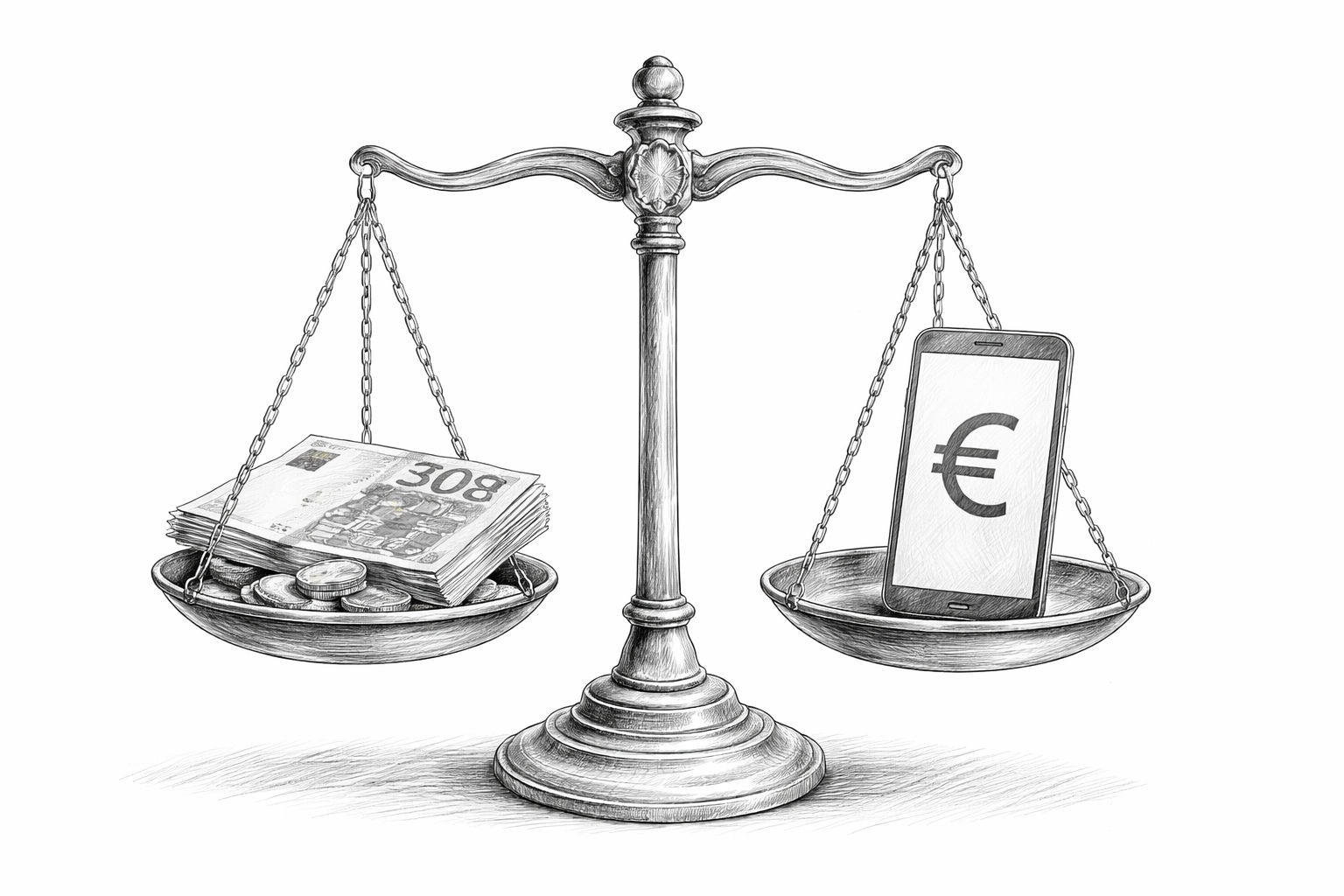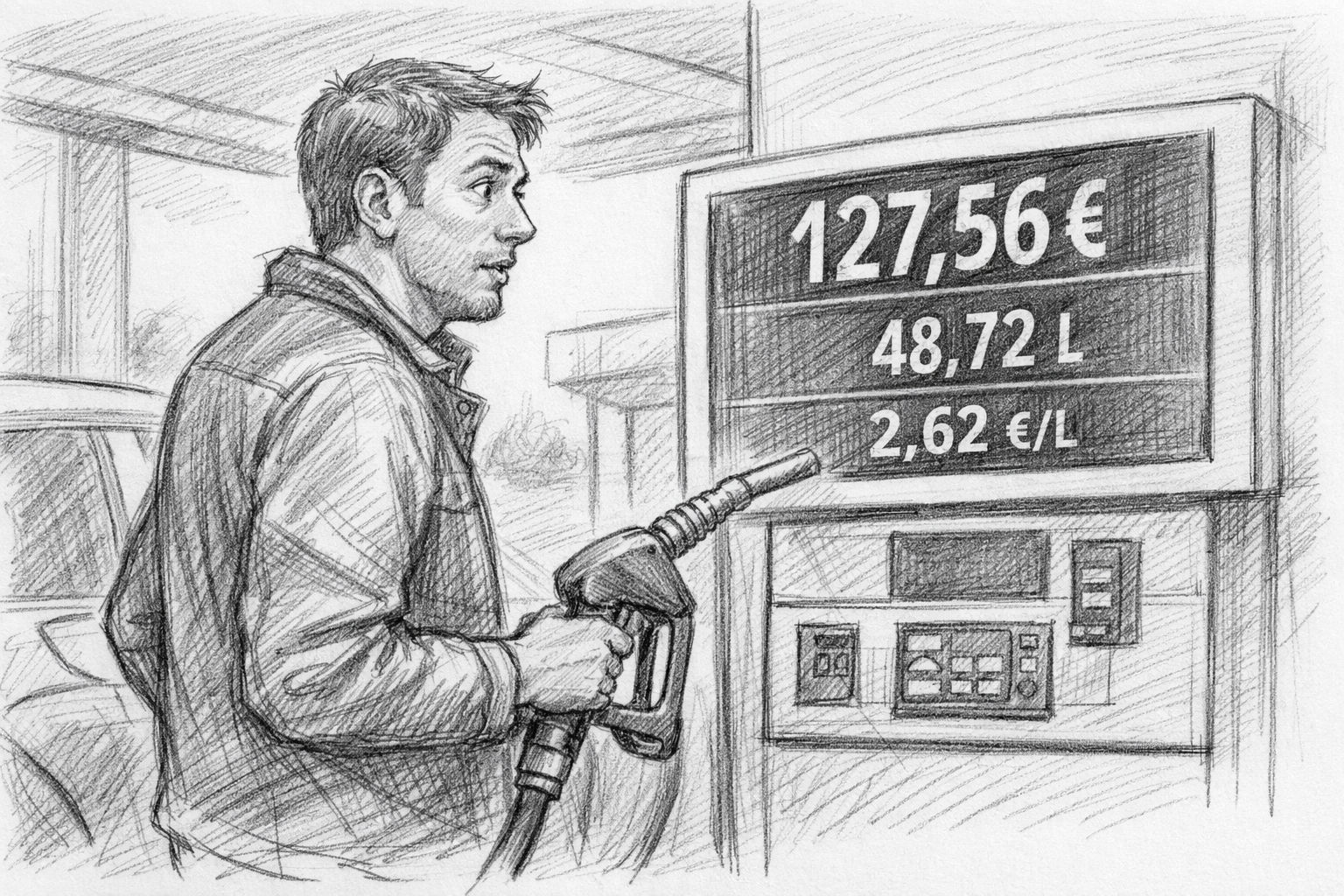If you look around Germany today, you will notice one thing: The energy situation is different than it was twenty years ago. And fundamentally so. Two decades ago, Germany was considered the epitome of industrial stability. Reliable electricity supply, predictable gas prices, robust grid infrastructure. Energy was not an ongoing political issue, but a matter of course. It was there. It worked. It was affordable. It was - and this is crucial - plannable.
Today, however, energy has become a strategic uncertainty factor in Europe, especially in Germany. Prices fluctuate, industry is shifting investments, political debates revolve around subsidies, emergency reserves and dependencies. Energy is no longer just infrastructure - it is a power factor, a bargaining chip and a geopolitical lever.
In this article, we want to calmly trace this development. Not in an alarmist or conspiratorial way, but step by step. What has changed? What decisions have been made? Who benefits? And above all: how did a continent that was sovereign in terms of energy policy end up in a situation in which it barely has any independent control over its most basic foundation - its energy supply?







